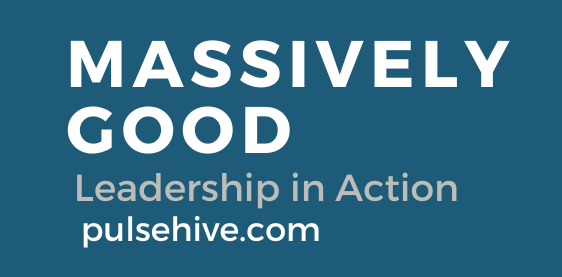Where My Idea of Being an Educator Formed and How It's Lasted Twenty-Five Years

I have good luck.
I became a teacher in a community of excellence.
A community of excellence in the swirl of public education in San Francisco and a community seeking to continuously improve for the sole purpose of serving the youth attending this high school.

A community of excellence by educators working to offer that to a community of students chronically and historically underserved by structural and institutional racism, economic oppression and suppression, and the neglect of decades and centuries of society writing off neighborhoods and families for the myth of a “level playing field” for everyone to stand upon and “pull themselves up by their bootstraps”.
As a student teacher, and into my first position, I understood our faculty meetings to be grounded in student work, our shared learning as adults, calibration, multi-faceted discussions of identity and equity, provocative articles, research and insights that made my day-to-day professional life feel like an extension of the graduate demands of my program from UC Berkeley’s Graduate School of Education.
We created, debated, assessed and measured. We dreamed. We said what needed to be said. We admitted when we struggled, and we named to others partnered with a helping hand. We shared resources. We kept our vision asset based.
I have good luck because I formed beliefs that education was to be treated with respect. I formed an unwavering belief that it was our individual and shared responsibility, as educators, to figure it out. Teenagers who sauntered into class and carried themselves with the disdain of adolescence - even these students - were brought INTO the fold. Not excluded.
We couldn’t “send kids out”, so we had well-crafted alternatives - all designed to give space, support, reflection, extend learning and stay regulated as adults. All directed to keep students in our learning spaces and make being out of it a pain. We labored over lesson plans together. We argued and conceded, we designed project-based learning before that was codified. Teachers brought, named and centered the narratives and histories of Black, Latinx, Chinese and Native Americans and flipped our curriculum to best serve the students. It was intense and we were all connected to a common goal.
The idea of community was at the core, and we all worked, imperfectly, to sustain that as a faculty.
Acceptance rates to schools in the University of California system rivaled the highly selective high school in San Francisco that only took the top 10% of eighth graders city-wide.
It worked.
And that formed in me the following beliefs:
- Meetings are always designed and planned purposefully (intricate, intentional and aligned between groups and sessions). Meetings are for adults to further the collective work of the school focused on learning.
- Our work as educators is to understand where learning is happening and where it is not and then to act to recalibrate our work to make learning sustained and deeper (score work together, anchor, identify or create examples, scaffold and unpack standards and openly look at our relationships with students and how that amplifies or interferes with learning.)
- Relationships are central - interactions (teacher to teacher, teacher to admin, admin to teacher and teacher to student and parent/guardian) are always about bringing youth back into the community. Adults practice their own regulation strategies to make this possible and invest time in scaffolding this for youth.
This was the place that started my 25-year career in public education. This fall marks the 30th anniversary of the founding of that school within the San Francisco Unified School District (SFUSD) and the teachers and administrators whom I knew at that time have gone on to profoundly impact schools and school systems across the country. They all have their version of the beliefs formed at TMAHS.
I'm forever grateful to have had this experience at the very start of my career because for each transition that followed, I sought out this level of engagement and focus.


